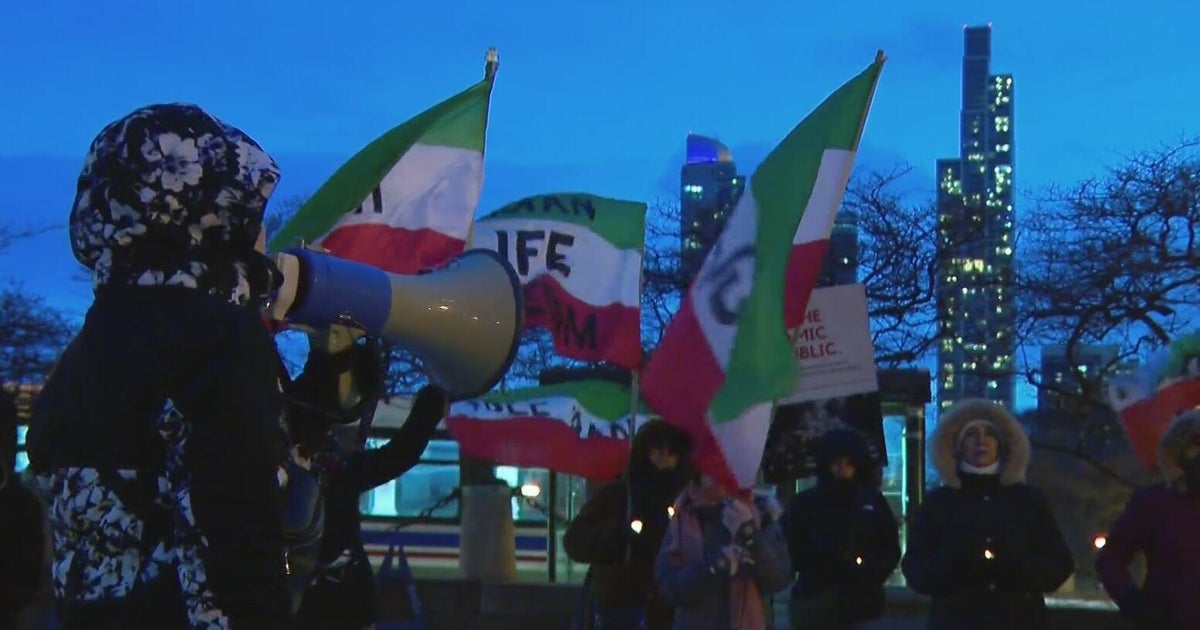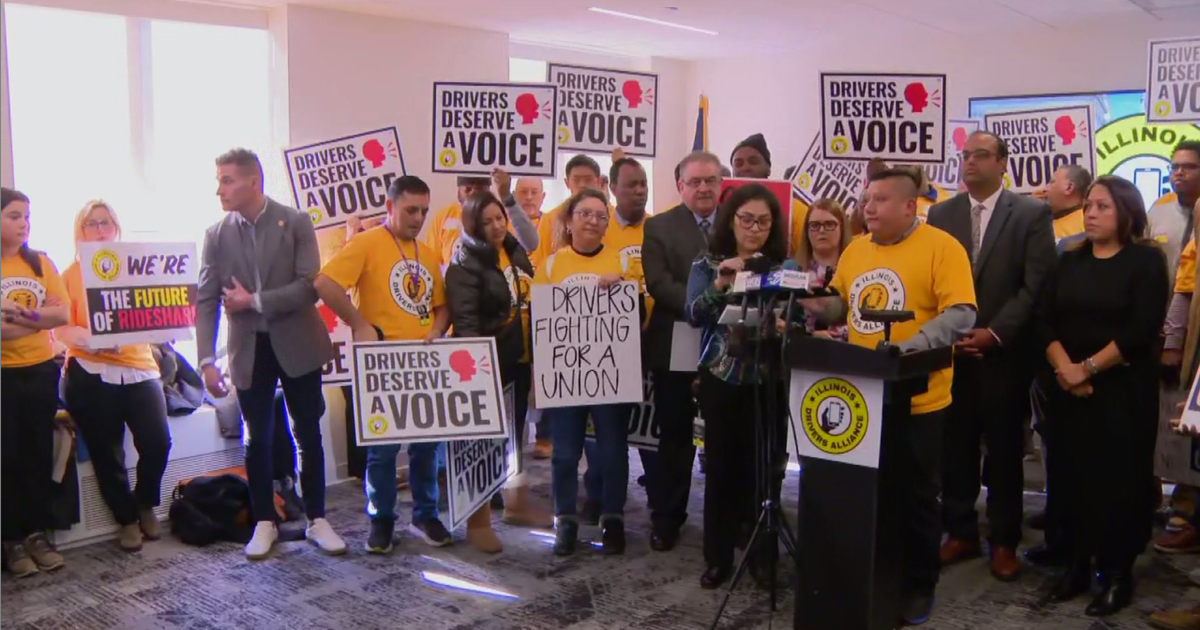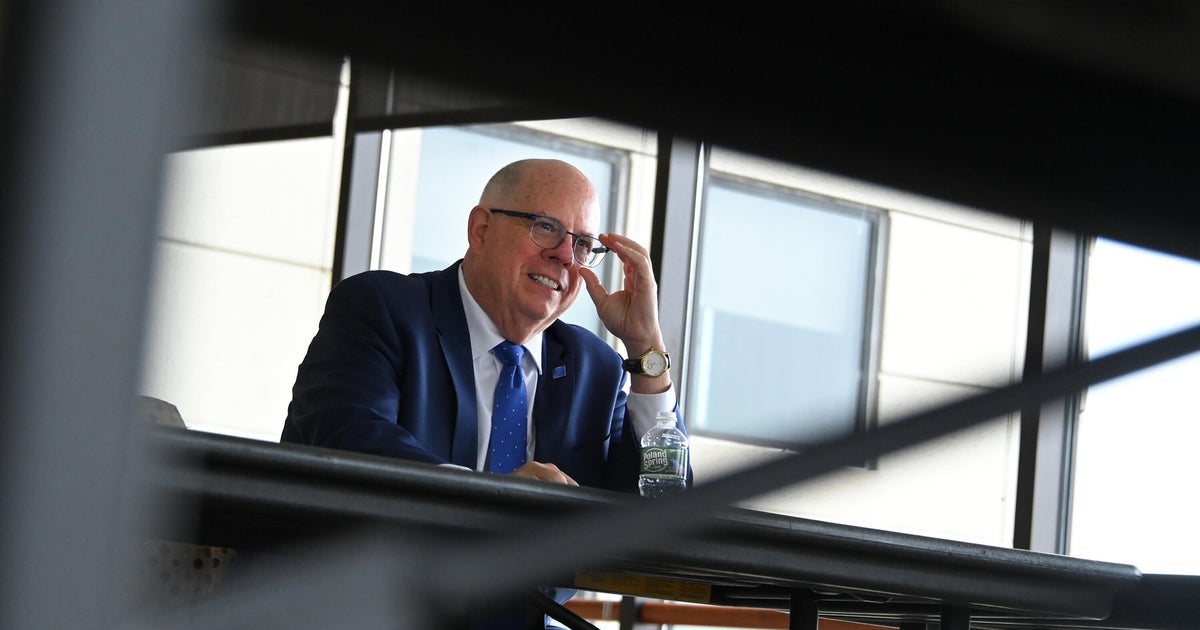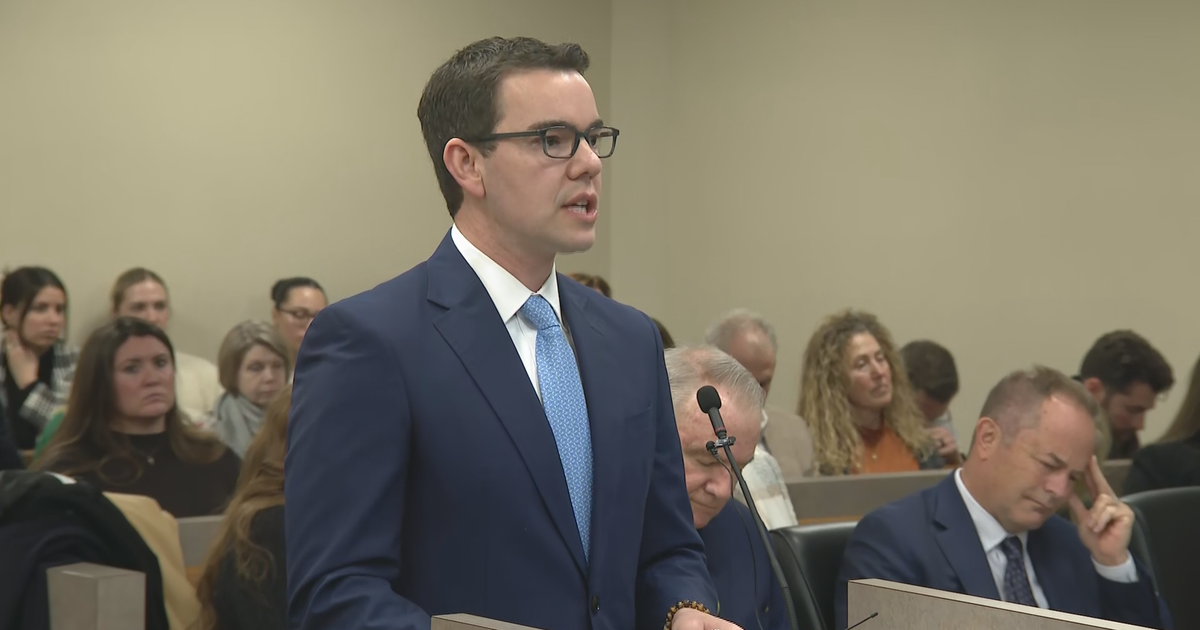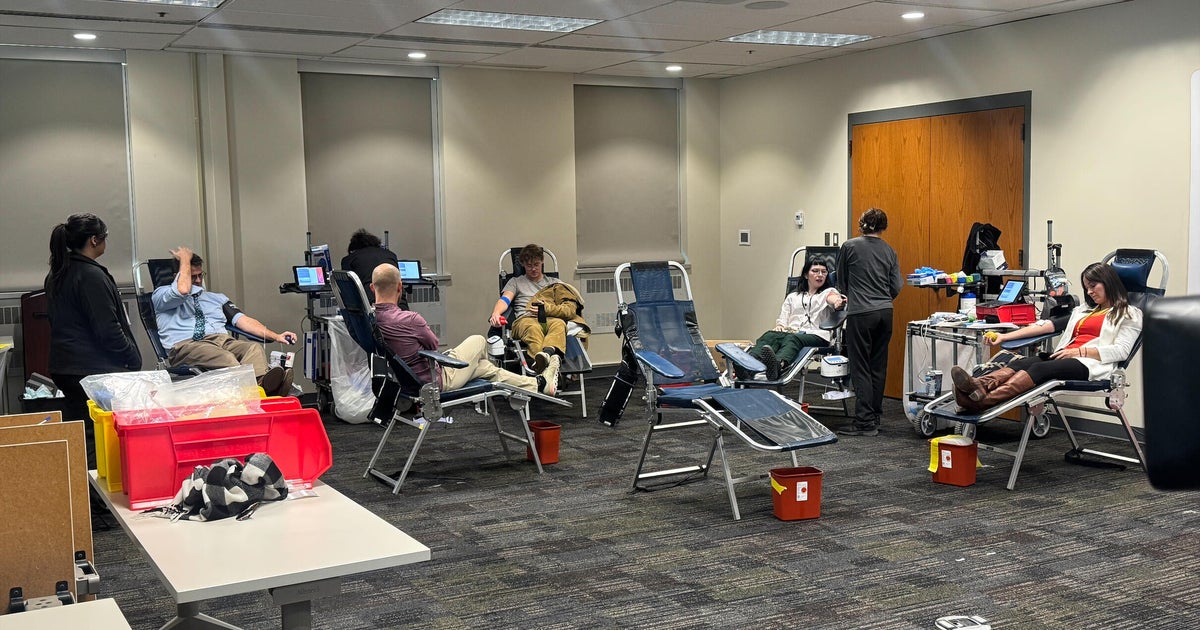Netanyahu In Speech To Congress: Iran Nuclear Deal 'Paves Path To Bomb'
WASHINGTON (CBSNewYork/AP) -- Israeli Prime Minister Benjamin Netanyahu told Congress on Tuesday that negotiations underway between Iran and the United States would "all but guarantee'' that Tehran will get nuclear weapons, a step that the world must avoid at all costs.
"Iran has proven time and again that it cannot be trusted,'' no matter what it says about permitting verification of the terms of any accord designed to prevent it from getting such weapons, he said in remarks before a packed House chamber.
Netanyahu, who was greeted with a roaring welcome as he arrived in the U.S. House, said he had a profound obligation to speak about the danger from Iran and said all efforts must be made to stop it from developing a nuclear weapon.
"The greatest danger facing our world is the marriage of militant Islam with nuclear weapons," he said. "To defeat ISIS and let Iran get nuclear weapons would be to win the battle and lose the war. We can't let that happen.
"The days when the Jewish people remain passive in the face of genocidal enemies -- those days are over," the prime minister said to thunderous applause.
The Israeli leader's appeal comes as Secretary of State John Kerry is in Geneva participating in a new round of talks with Iran aimed at reaching a framework deal ahead of a late March deadline, CBS2's Marcia Kramer reported.
The invitation to address Congress, which was extended by House Speaker John Boehner, also triggered a political furor.
More than four dozen House and Senate Democrats said in advance they would not attend the event, a highly unusual move given historically close ties between the two allies.
The White House expressed its displeasure with the appearance by word and deed, dispatching Vice President Joe Biden on an overseas trip that meant he did not fill his customary seat behind the House rostrum during the speech. Nor did Netanyahu meet at the White House with President Barack Obama on his trip to the United States.
But Netanyahu on Tuesday defended his speech, saying he regretted that it was being perceived as political.
"I know that my speech has been the subject of much controversy," Netanyahu told the House chamber. "I deeply regret that some perceive my being here as political -- that was never my intention."
He also sought to smooth over any political unpleasantness, thanking Obama lavishly for the help he has given Israel since he became president.
"Some of what the president has done for Israel might never be known because it touches on some of the most sensitive and strategic issues that arise between an American president and an Israeli prime minister," he said. "But I know it and I will always be grateful to President Obama for that support."
At the same time, Netanyahu was unrelenting in his condemnation of the negotiations the administration is conducting with Tehran.
He said that with the concessions the United States was prepared to make Iran would not only gain nuclear weapons, but also eventually would become free of international economic sanctions. As a result, he said, it would be emboldened to finance even more terrorism around the Middle East and the world.
The result for Iran, he said, would be "aggression abroad and prosperity at home.''
"That's why this deal is so bad," he said. "It doesn't block Iran's path to the bomb. It paves Iran's path to the bomb."
Instead, he said that if Iran wants to be "treated like a normal country, it ought to behave like a normal country.''
Republicans applauded Netanyahu's remarks frequently, rising to their feet. Democratic lawmakers were far more restrained, although they cheered the Israeli leader's praise for Obama.
Despite Democratic stayaways, the chamber and galleries were filled.
Most of New York City's congressional members said Monday they planned to attend, including Rep. Hakeem Jeffries and Rep. Jerrold Nadler.
Rep. Charles Rangel originally said he was not attending, but the lawmaker was seen sitting in the chamber ahead of Netanyahu's speech on Tuesday.
The only other member of New York City's 11 House delegation who said he was not going was Gregory Meeks. Yvette Clarke said she was undecided on Monday.
Sens. Charles Schumer and Kirsten Gillibrand both attended.
Meanwhile, Obama said Netanyahu didn't offer any "viable alternatives'' to the nuclear negotiations with Iran during his speech.
He said he read a transcript of Netanyahu's speech Tuesday and said "there was nothing new'' in the speech.
Obama said Netanyahu made almost the same speech when he warned against the interim deal reached with Iran. The president said that deal has resulted in a freeze and rolling back of Iran's nuclear program.
Obama said Netanyahu's alternative to the talks amounts to no deal at all. He said that would lead Iran to redouble efforts to build a nuclear bomb.
Long Island Republican Peter King disagreed with the president's assessment, saying the time is now to look at the facts and stay loyal to Israel.
"I say we have to have no deal rather than a bad deal. just hope the president got that message from Bibi Netanyahu today. Put aside their personal differences and go to the substance. The substance is that Netanyahu is right," Rep. King said.
Rep. Carolyn Maloney said she also understood what Netanyahu was trying to convey.
"I would say that everyone was united in not wanting Iran to have any pathway to nuclear weapons," said Maloney, who represents Manhattan. "We are in agreement and he stressed that no deal is better than a bad deal."
(TM and © Copyright 2015 CBS Radio Inc. and its relevant subsidiaries. CBS RADIO and EYE Logo TM and Copyright 2015 CBS Broadcasting Inc. Used under license. All Rights Reserved. This material may not be published, broadcast, rewritten, or redistributed. The Associated Press contributed to this report.)
